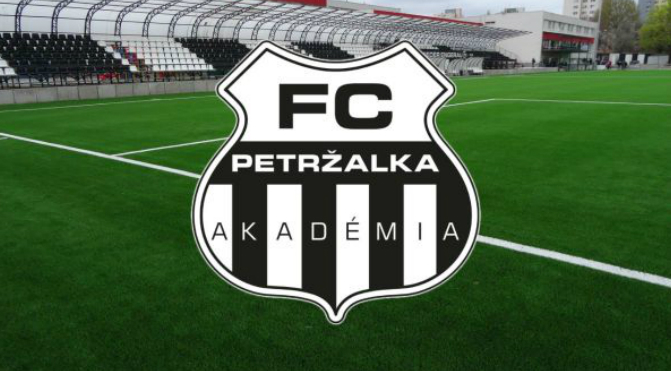
Balkan Games and Championship
The Balkan Games and Championship is a magnificent event that encapsulates the spirit of athleticism, camaraderie, and cultural pride across the Balkan Peninsula. This unique championship serves as a medium for nations to showcase their talent, engage in friendly rivalry, and celebrate their diverse heritage. The games not only foster sportsmanship but also strengthen bonds between countries, paving the way for a brighter future in regional cooperation and understanding okvip.
Historical Overview of the Balkan Games and Championship
Understanding the historical context of the Balkan Games is crucial to appreciating its significance today. The roots of these games can be traced back to the early 20th century when the idea of promoting unity among Balkan nations through sports began to take shape.
Origins of the Balkan Games
The foundations of the Balkan Games and Championship were significantly influenced by the Olympic movement, which emphasized international collaboration and competition. It was during the tumultuous era of the Balkan Wars that leaders recognized the potential of sports to foster peace and unity.
The inaugural games were held in the early 1920s, featuring track and field events as well as various traditional sports that reflected the cultural idiosyncrasies of participating nations.
Establishing the Balkan Games served multiple purposes: uniting fragmented national interests, providing a platform for athletes to excel, and promoting cultural exchange. Nations such as Greece, Romania, Serbia, and Bulgaria took the lead in organizing these events, shaping the identity of the contemporary Balkan region.
Evolution Over Time
As the world shifted during the mid-20th century, so too did the nature of the Balkan Games and Championship. The post-World War II era brought about an influx of political changes in Eastern Europe, which had a significant impact on the organization and participation of the games.
The games underwent several changes to adapt to the evolving political landscape, with some nations experiencing periods of withdrawal due to geopolitical tensions. Nevertheless, the determination to continue this legacy prevailed, leading to a revitalization of the games in recent decades.
In recent years, with the dissolution of former Yugoslavia and the subsequent independence of various nations, the games have taken on a new meaning. They represent a renewed effort towards fostering positive relationships, mutual respect, and healthy competition among Balkan countries.
Importance of Cultural Identity
The influence of cultural identity cannot be overstated in the context of the Balkan Games and Championship. Each participant brings a distinct cultural backdrop, showcasing unique traditions, attire, and rituals that enrich the overall experience.
Sports serve as a universal language, breaking down barriers and allowing athletes to connect on a personal level. By celebrating cultural differences, the games encourage participants and spectators alike to appreciate the rich tapestry of life within the Balkans.


